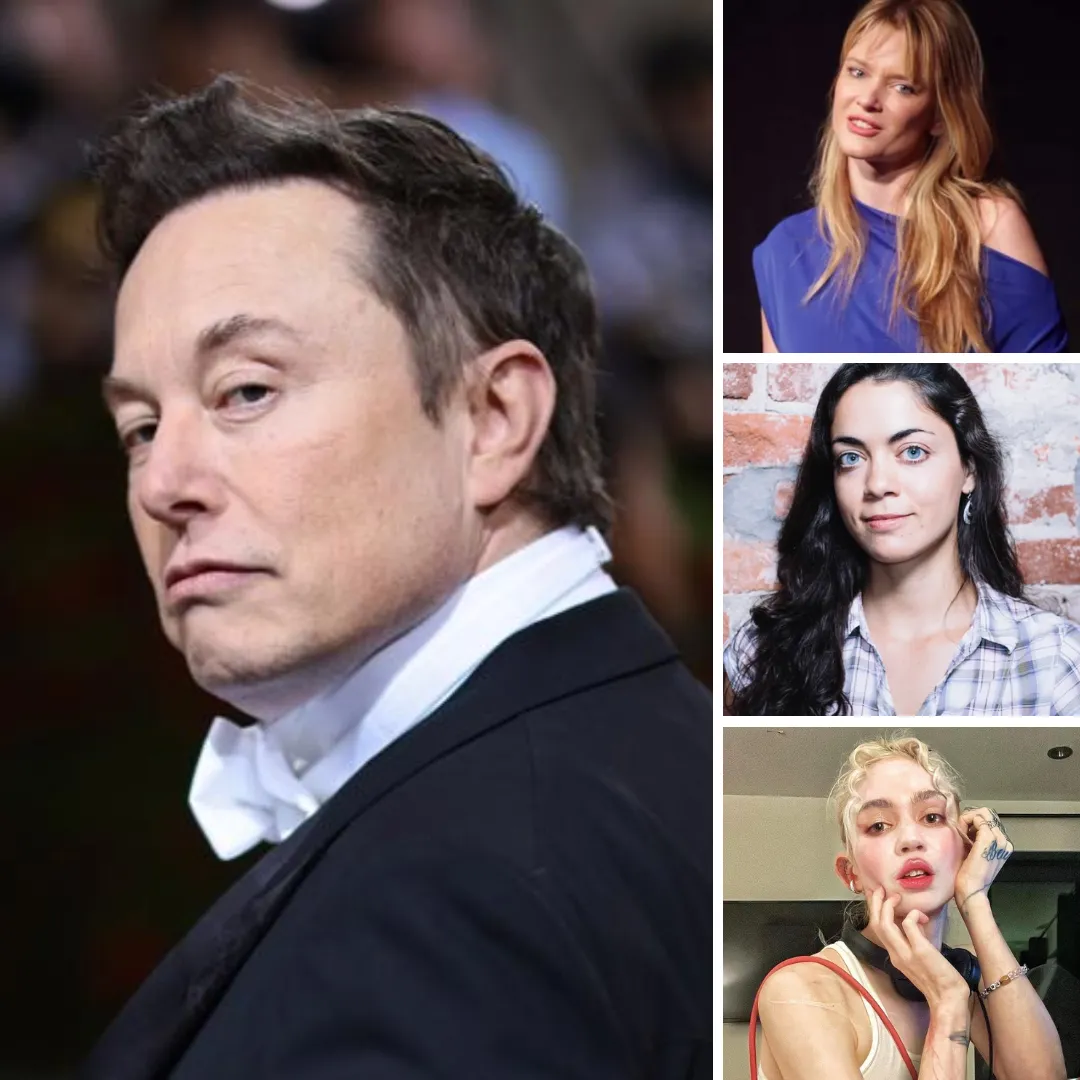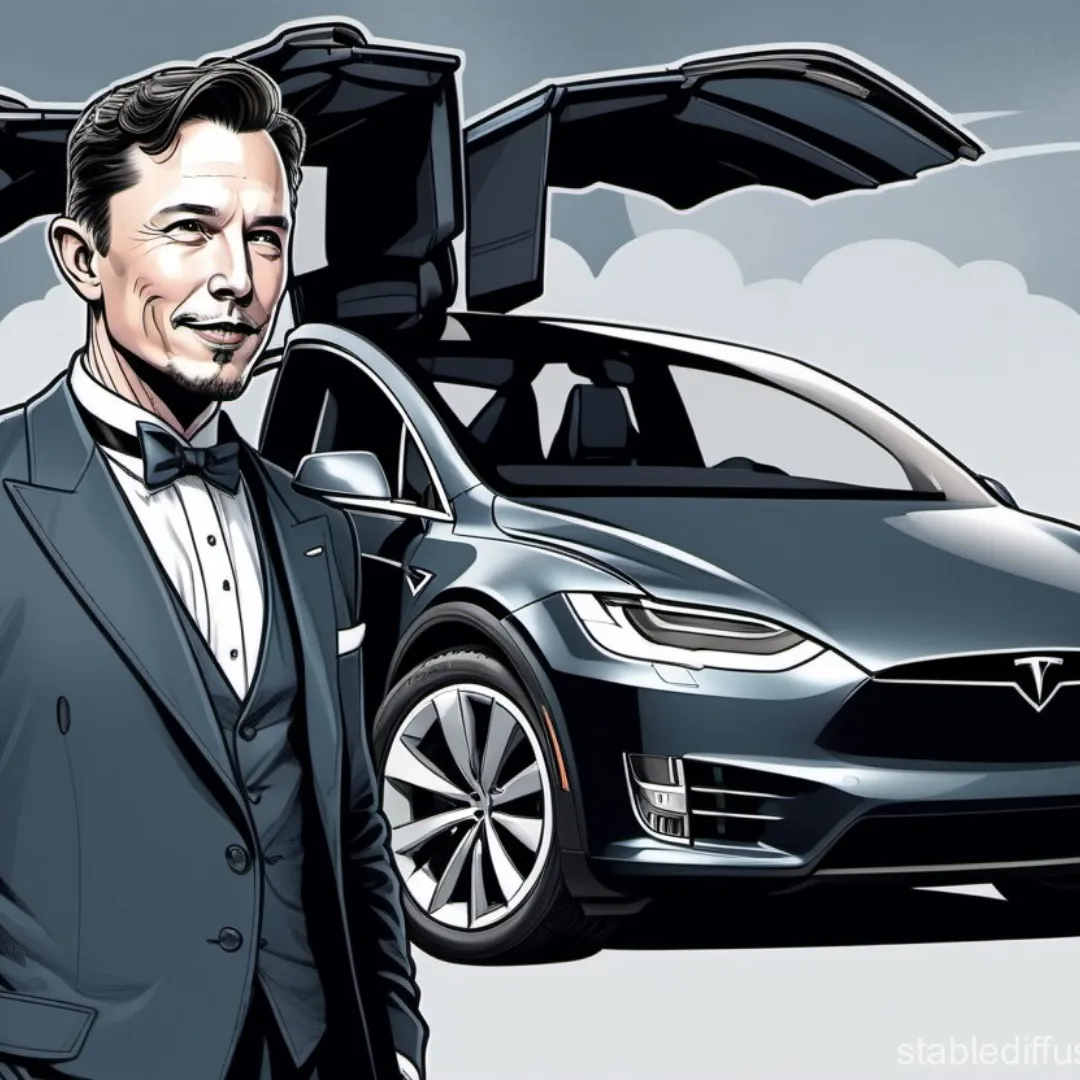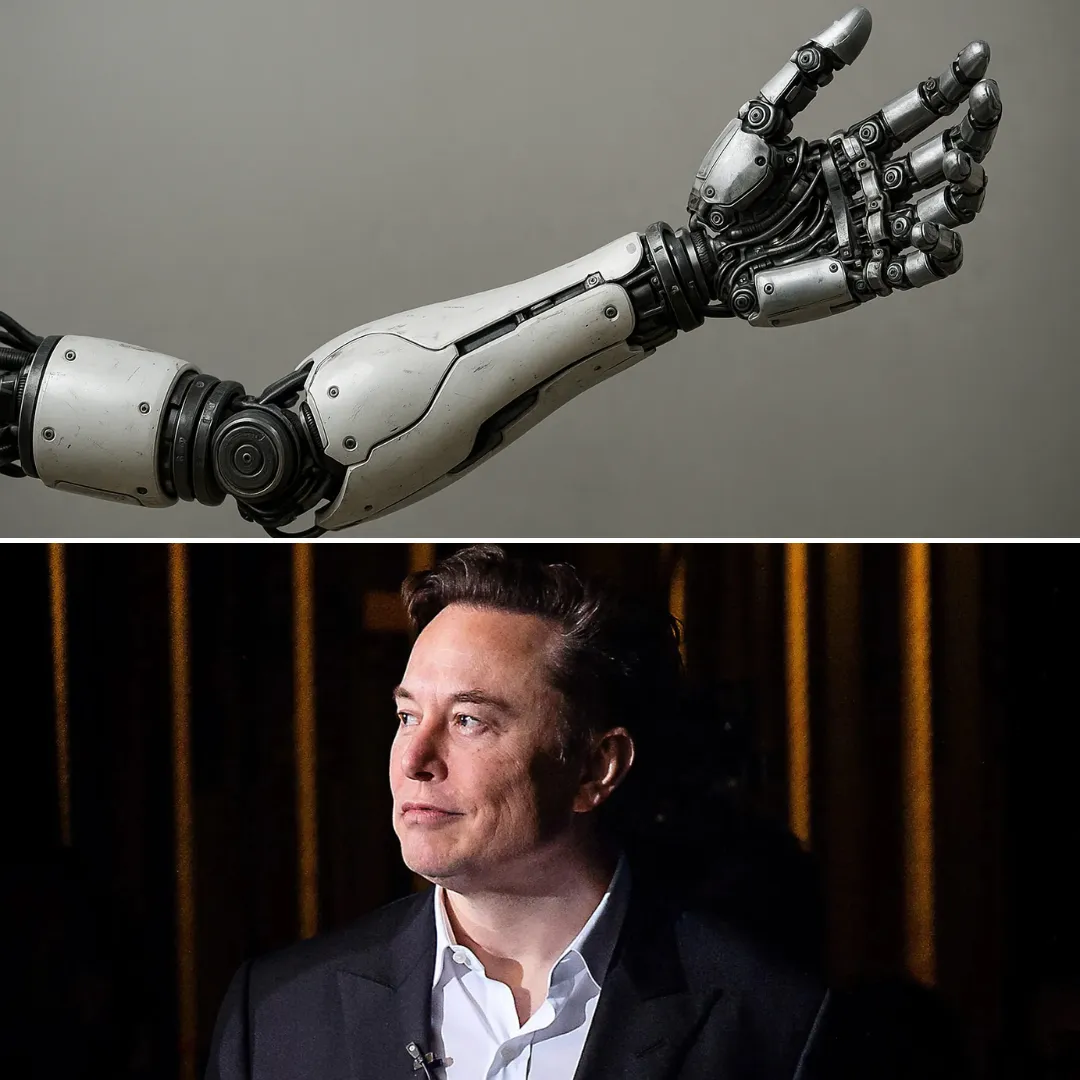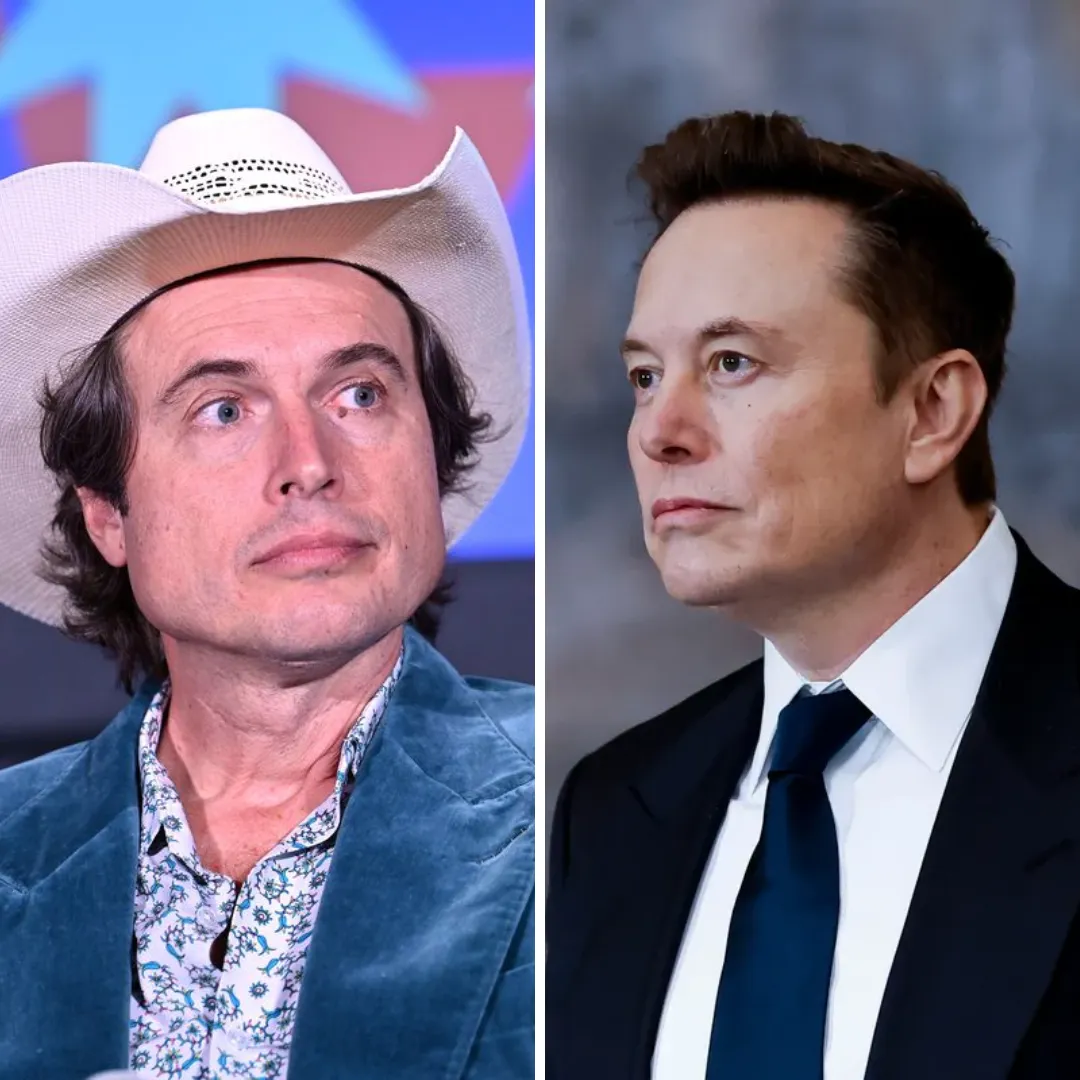
When Elon Musk stepped into the role of head of the Department of Government Efficiency (DOGE) under the Trump administration in January 2025, few expected a quiet tenure. But what unfolded over the next few months exceeded even the most cynical expectations. Musk’s brief yet explosive presence in Washington brought with it a political firestorm that spanned from controversial gestures to inflammatory social media rants, from budgetary blunders to legal gray zones.
Though never elected or confirmed by the Senate, Musk wielded unprecedented influence in the federal government, often overshadowing Cabinet members and sparking diplomatic backlash. Now, as he steps back from his role and Tesla reels from a 71% drop in quarterly profits, the question remains: what legacy does Musk leave behind in the heart of American politics?
It began with spectacle. At President Trump’s inauguration rally, Musk made a gesture that was instantly condemned across the globe. With his arm extended and palm down, the motion drew uncomfortable comparisons to fascist-era salutes.
Jewish organizations and European diplomats decried the act, while 166 Jewish leaders co-signed a letter warning that the imagery could embolden far-right extremism. Musk, unphased, lashed out on social media, dismissing the outrage as politically driven and intellectually lazy. That moment, dubbed “the salute seen ’round the world,” would set the tone for a tenure marked more by provocation than policy.

As head of DOGE, Musk quickly enacted a wave of measures aimed at slashing federal spending. What followed, however, was not efficiency, but confusion. Government offices reported abrupt staff furloughs, funding freezes, and abrupt building closures that left departments in disarray.
Musk claimed the cuts would amount to $1 trillion, a promise that later unraveled. DOGE's own website later reported only $165 billion in savings—numbers later revealed to include hundreds of billions in accounting errors and misclassifications. The chaos undermined not just internal operations but public trust, raising alarm among career officials and lawmakers alike.
While his policies drew controversy, Musk’s presence online proved equally combustible. On his platform X, he ignited a storm by claiming in a now-deleted post that dictators like Hitler, Stalin, and Mao had not committed mass murder—rather, their “public sector employees did.” The comment unleashed fierce condemnation from historians, activists, and international leaders, reinforcing concerns that Musk’s political ideology veered into dangerous revisionism.
He further escalated tensions by attacking sitting U.S. senators, including calling Senator Mark Kelly—a decorated astronaut and combat veteran—a traitor for his support of Ukraine. The rhetoric alienated even some Trump allies who worried Musk’s impulsive nature was undermining the administration’s already fragile image.

Perhaps the most bizarre moment came during the Conservative Political Action Conference in February, when Musk, dressed in sunglasses and a MAGA hat, took the stage wielding a chainsaw. The dramatic prop, gifted to him by Argentine President Javier Milei, bore the words “Viva la libertad, carajo.”
The performance, intended as a metaphor for slashing government bureaucracy, was ridiculed by critics and admired by diehard supporters. Yet for many, it encapsulated the Musk-at-DOGE era: bold, chaotic, and fundamentally unserious.
Things grew even stranger when Musk hosted a press conference in the Oval Office, flanked by his young son X Æ A-Xii. The child climbed onto his father's shoulders, made faces at the press, and mimicked Musk’s gestures. The display drew widespread attention and concern, especially after Grimes, the boy’s mother, publicly criticized Musk for exposing their child to intense public scrutiny.
During the same event, Musk denounced federal agencies as part of an “unelected, unconstitutional fourth branch of government,” igniting debates over executive authority and constitutional overreach. Legal scholars condemned the remarks, warning they signaled a dangerous disregard for institutional checks and balances.
Musk’s influence extended beyond policy and press conferences. Despite having no formal role in the president’s Cabinet, he appeared at its first meeting, often speaking over confirmed secretaries and promoting ideas such as requiring weekly reports from federal workers under threat of termination.

Though President Trump tried to smooth over the resulting media backlash with a social media post claiming all Cabinet members were “extremely happy with Elon,” behind-the-scenes reports suggested deepening tension. Senior aides worried Musk’s increasingly erratic behavior was becoming a liability rather than an asset.
The pressure intensified as Tesla’s performance plummeted. In the first quarter of 2025, the company reported a staggering 71% drop in profits and a 9% fall in revenue. Musk’s divided attention, many analysts argued, had weakened the carmaker’s ability to respond to market disruptions and rising competition from Chinese electric vehicle manufacturers.
In response, the White House organized a highly publicized “auto day” featuring Tesla models lined up outside the South Portico. Trump praised Musk publicly and even claimed to have purchased a Tesla himself, calling Musk “a truly great American.” The event, however, did little to stabilize the company’s declining stock or repair investor confidence.
Outside Washington, Musk’s political involvement triggered additional scrutiny. In Wisconsin, he poured over $25 million into a state Supreme Court race, backing conservative candidate Brad Schimel. At a campaign rally in Green Bay, Musk shocked the nation by handing out $1 million checks to two attendees—a move many likened to vote buying.
After legal pushback, the checks were “reissued” as “prizes,” a maneuver that complied with state law but did little to quell ethical concerns. Despite his efforts, liberal candidate Susan Crawford won the seat, preserving a progressive majority in the court and delivering a political blow to Musk’s ambitions.

As the criticisms mounted and Musk’s favorability waned even within Trump’s inner circle, whispers of his impending retreat grew louder. By April, he announced he would be stepping back from his DOGE duties. Though the administration insisted the move was voluntary, insiders suggested it was a calculated decision to shield both Musk and the president from further fallout.
Musk’s defenders continue to claim he brought long-needed disruption to Washington, challenging sacred bureaucratic cows and exposing inefficiencies. His critics, however, see his tenure as a dangerous flirtation with autocracy wrapped in celebrity spectacle.
As he transitions back to focusing on Tesla and other ventures, the legacy of Elon Musk’s time in Washington remains fiercely debated. Was he a visionary who dared to challenge a broken system, or a reckless billionaire who undermined democratic norms for attention and ego? For now, all that is certain is that Musk’s brief journey through the halls of power was anything but ordinary—and that Washington may never be quite the same again.



